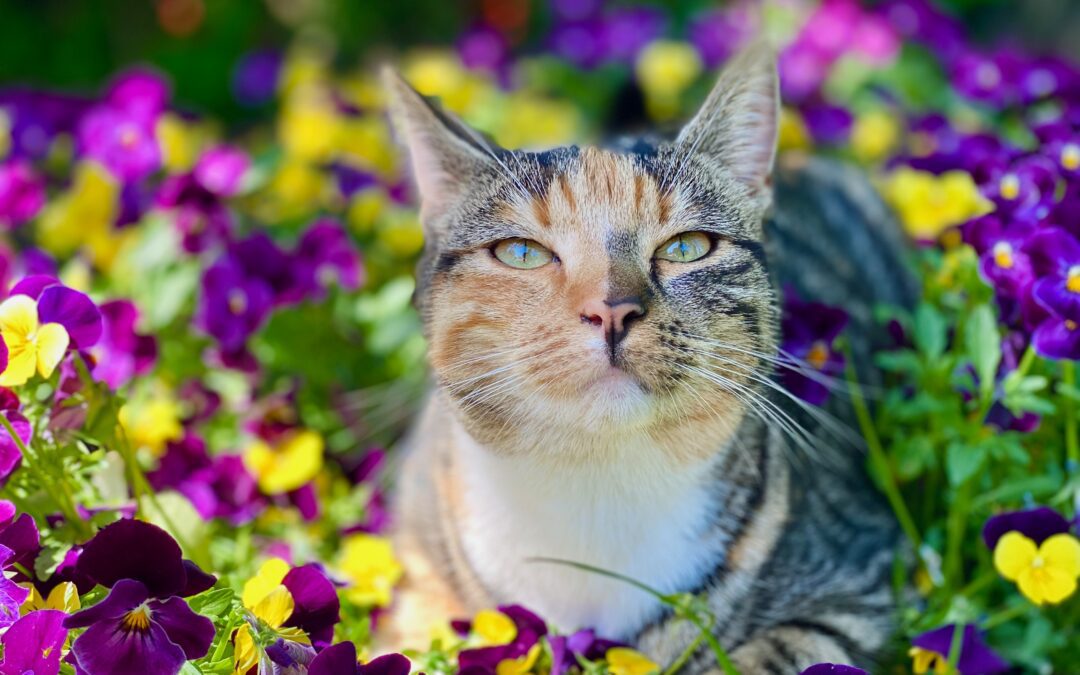Avoid Common Springtime Emergencies With Your Pet
Pets spend more time outdoors when the weather gets warmer and brighter, increasing their dangers. Be mindful of the frequent pet crises that arise in the spring to protect your four-legged friend.
Insect bites and stings
Although it can result in bites or stings, curious pets like exploring the buzzing, flying, and crawling insects outdoors, even though the majority of animals bounce back quickly from a wasp, spider, or ant attack, some can experience allergic reactions that result in swelling, distress, and breathing issues.
Plant toxicities
Avoid choosing plants that could be hazardous to your pet when planning your spring planting. Lilies, azaleas, and daffodils are typical spring flowers that can harm animals. Toxic plants can result in vomiting, diarrhea, lethargy, tremors, and convulsions if consumed. Lilies harm cats, and any plant material consumed will result in acute kidney failure. Pets require rapid medical attention to neutralize the toxin and undo any damage caused by ingesting toxic plants. If you’re unsure whether a plant is safe, look up which plants are poisonous to animals online.
Allergies
Seasonal allergies can quickly make pets unhappy, even if they aren’t a life-threatening emergency in the traditional sense. Pollens, grasses, molds, and other springtime allergens can cause itchy skin, ear infections, problems with the anal glands, and other issues in many vulnerable pets. Pets can chew themselves raw or get an ear hematoma from prolonged head-shaking if seasonal allergy flare-ups are not promptly treated.
Exposure to chemicals used in the lawn and garden
Fertilizers, herbicides, and other chemicals can be exceedingly dangerous to your pet, even though you may desire the greenest lawn on the block. Chemicals adhere to their fur as they wander through the grass or garden and are subsequently ingested when they groom. Salivation, breathing difficulties, nausea, vomiting, diarrhea, muscle spasms, heat, and seizures are some symptoms of ingesting lawn and garden chemicals.
Improper parasite prevention
Parasite populations explode as temperatures rise. To feed on your pet, fleas, ticks, and mosquitoes emerge from hiding. Thus, parasite prevention is essential. Always use a preventative prescribed by a veterinarian and tailored to your pet’s weight and species. Be sure the proper pet receives the right medication because giving dog flea prevention to a cat by mistake can be fatal.
If your pet gets into a scrape this spring, call our staff immediately for emergency care.

